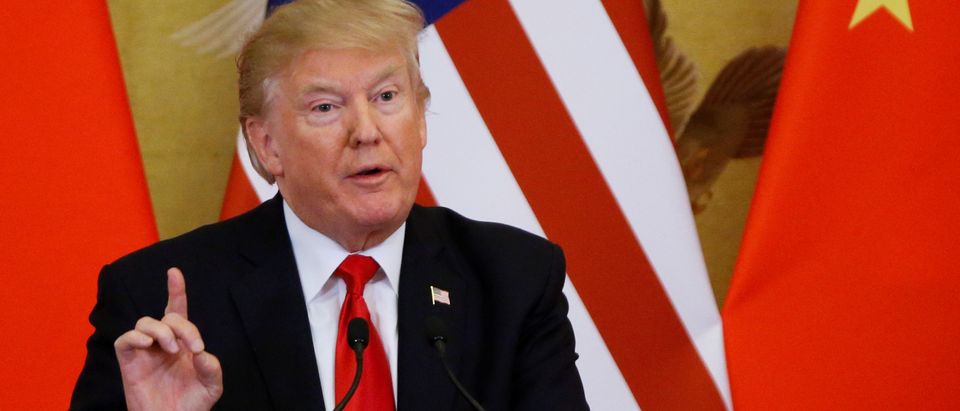New projections from the International Energy Agency (IEA) provide a good explanation of why China’s retaliatory tariffs against the U.S. have, so far, left out one key product: liquefied natural gas (LNG).
China slapped a 25 percent tariff on a range of U.S. energy products, including crude oil and coal. Chinese officials did not include LNG in the $50 billion worth of tariffs. Why?
Chinese efforts to improve air quality means increased reliance on natural gas, but much of that gas will have to be imported, including from the U.S. IEA expects the U.S. to become the fastest growing LNG exporter in the next five years.
IEA reported on Tuesday that “demand for natural gas is forecast to gas at an average 1.6% over the next 5 years with emerging Asian markets as the main engine for demand.”
“China alone accounts for a third of global demand growth to 2022 thanks in part to the country’s ‘Blue Skies’ policy and the strong drive to improve air quality,” IEA reported.
On the supply side, the U.S. “is set to account for the largest share of supply expansion,” IEA reported, noting “LNG is the main driver of global trade growth, principally coming from the United States, Australia and Russia.”
The “Blue Skies” plan requires China to cut its share of coal-fired electricity from 63 percent to 55 percent by 2020. Coal will largely be replaced by natural gas, which is in short supply in China.
China’s plan to convert millions of homes from coal to gas-based heating systems ran into major problems last winter. Many homes were not properly equipped to use gas, and many that were couldn’t actually get any due to supply constraints.
The result: families were left freezing or struggling to pay for the high costs of natural gas. The episode illustrated China’s need for more LNG imports.
However, energy industry executives are still worried escalating trade tensions between the U.S. and China could negatively hurt their business. Gathered at the World Gas Conference in Washington, D.C., some were dismayed by the “very bad news” on trade.
Trump administration tariffs on steel and aluminum have already got energy executives worried about the cost of building out infrastructure, including pipelines, to get their products to market. Potential retaliatory tariffs on LNG only heighten their anxiety.
“I hope that heads will cool down very quickly around the world among the leaders, so we can come back to a more stable world,” Patrick Pouyanné, CEO of the French oil company Total, said at the conference,The Financial Times reported.
But will China actually slap tariffs on U.S. LNG imports given their ever-growing energy needs? Not likely say some analysts. (RELATED: Expanding Heathrow Airport Won’t Create A ‘Global Warming Machine.’ That’s Ridiculous)
“LNG is clearly seen as an essential good by the Chinese government,” Nicholas Browne, an energy analyst at Wood Mackenzie, told the Epoch Times. “Given this, in the event of an escalation, LNG is likely to remain outside the bounds of any additional tariffs.”
Follow Michael on Facebook and Twitter
All content created by the Daily Caller News Foundation, an independent and nonpartisan newswire service, is available without charge to any legitimate news publisher that can provide a large audience. All republished articles must include our logo, our reporter’s byline and their DCNF affiliation. For any questions about our guidelines or partnering with us, please contact licensing@dailycallernewsfoundation.org.



